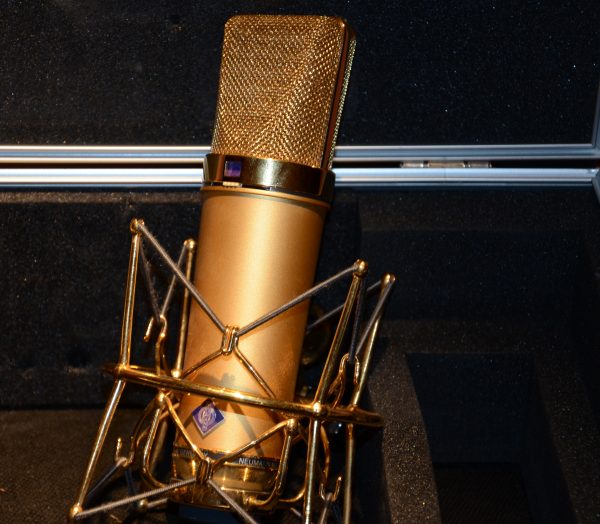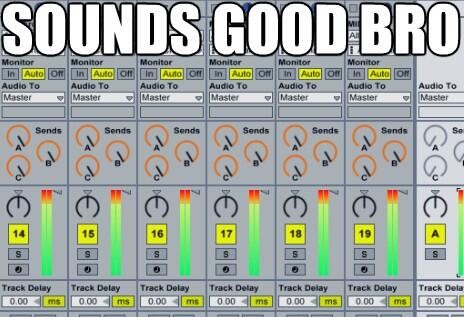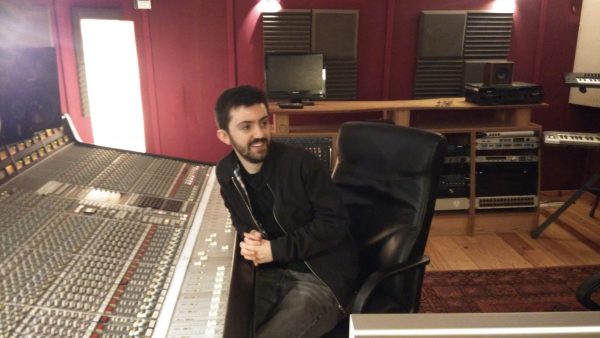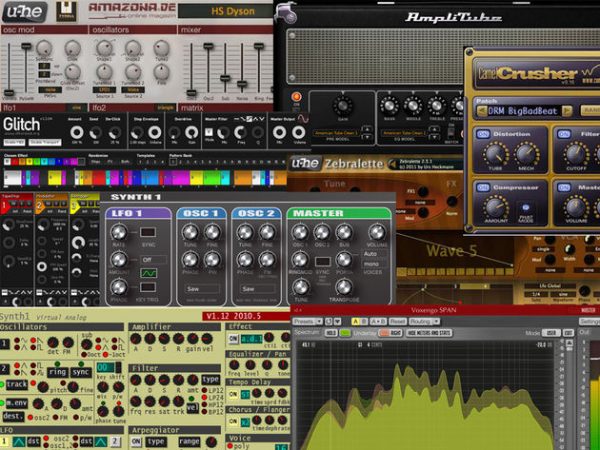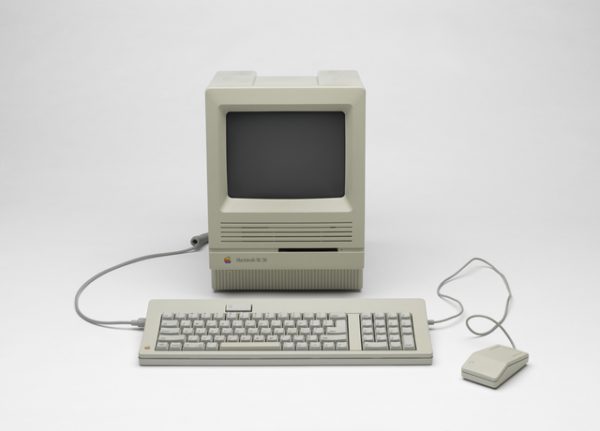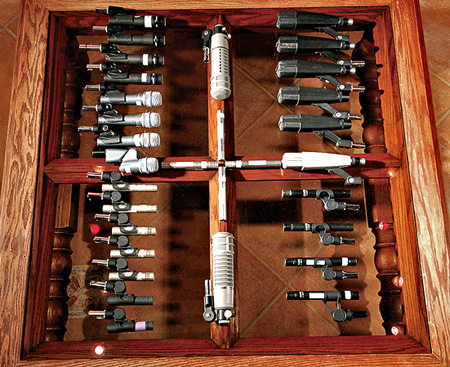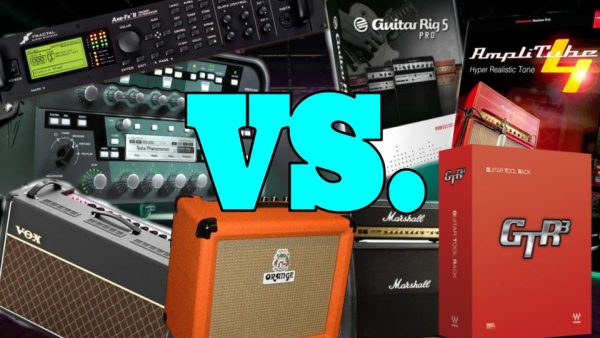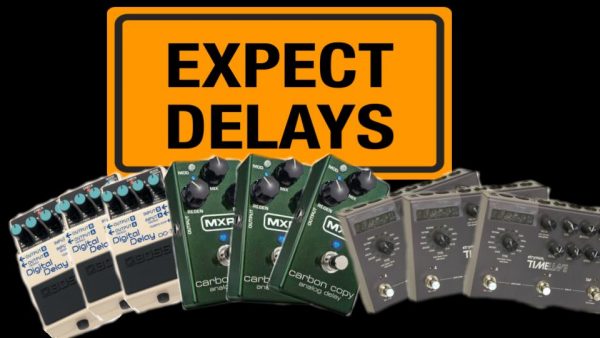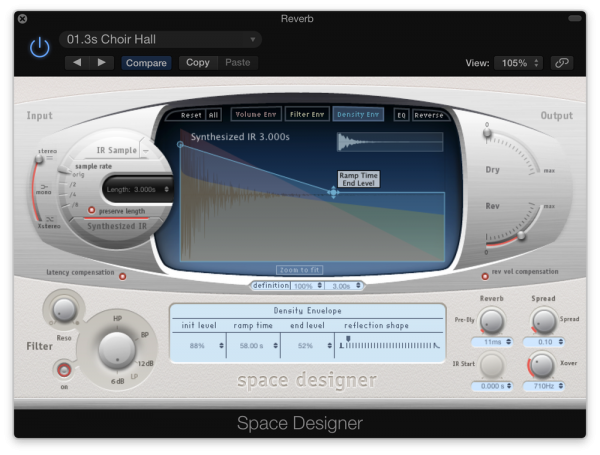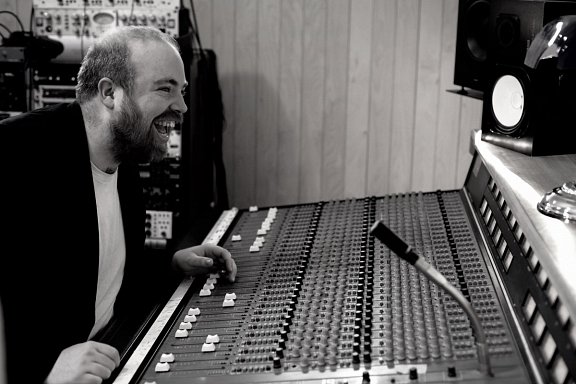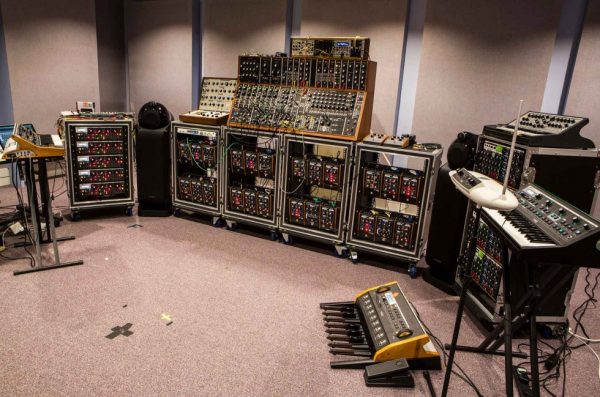
“Sound Check” – A Weird and Wonderful Showcase of DIY Audio Makers
Are you an analogue synth head? Then you will definitely want to check out the Moog Sound Lab currently set up and awaiting visitors at Dublin Science Gallery (head for the Trinity Pearse street entrance)! You can walk in and play with a room full of Moog synth goodness. Alongside that are a couple of dozen other sound and music-focused exhibits on display at the Science Gallery’s current “Sound Check” exhibition. Don’t expect to find the traditional audio tech here, it’s all about novel ideas and weird inventions. The Moog Sound Lab is probably the most mainstream of the offerings
Read post >
